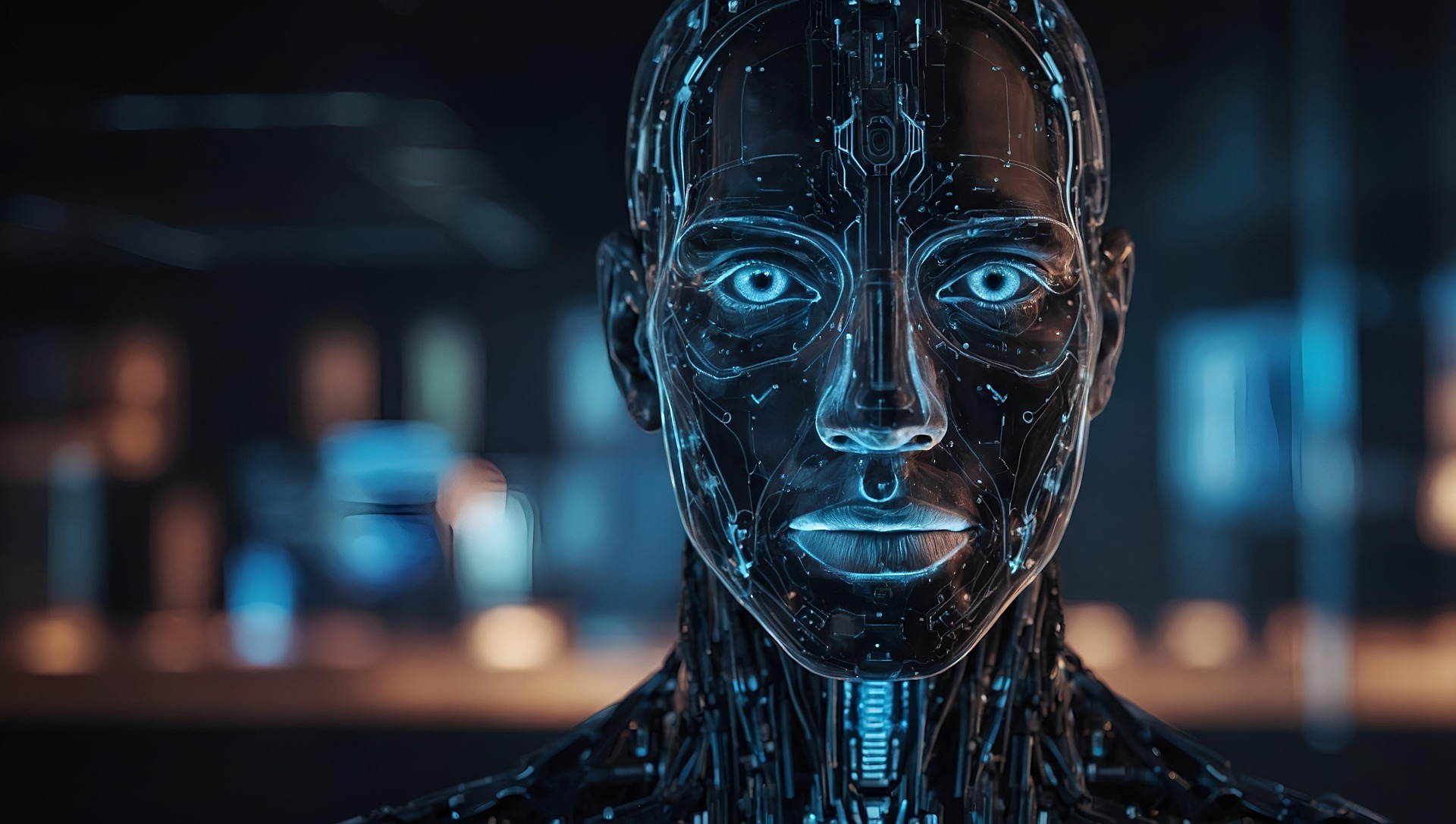Adapting to the AI Influx: Managing Your Career in the Age of Automation
How can today’s professionals pivot successfully into the future amid the sweeping tide of automation? This article takes an in-depth look at the challenges and opportunities of adapting to the AI influx in the job market while offering practical strategies to elevate your career trajectory.

Understanding AI’s Impact on the Job Market
Artificial intelligence, though a concept that has existed for decades, has recently hit a rapid acceleration phase, driving significant changes in numerous industries. With faster and more efficient processes, heightened accuracy, and unlimited operational hours, AI’s value to businesses and organizations is indisputable. This has inevitably led to a paradigm shift in job roles, skill requirements, and employment structures, significantly impacting today’s professionals.
AI Isn’t the Job Killer We Expected
Decades ago, as computers started permeating businesses, there was an initial fear that machines would replace humans in the workplace, leading to mass unemployment. Today’s narrative around AI and automation echoes these fears. However, historical trends and expert analyses show that AI is not annihilating jobs but transforming them. Yes, certain roles, particularly those based on repetitive tasks, may experience decline. However, new roles are simultaneously emerging—roles that require human cognition, creativity, and emotional intelligence, which are yet beyond the reach of AI.
Upskilling to Remain Relevant in the Age of Automation
One of the critical challenges individuals face while navigating a job market reshaped by AI is skills obsolescence. The necessary skills are changing, and this change is happening at a pace faster than ever before. This means the skillset that paved the way for career advancement yesterday may no longer be relevant today. It’s imperative for professionals to continually enhance their skills and knowledge to be valuable in the changing landscape. Online courses, certifications, workshops, and seminars can help individuals stay abreast of industry shifts and new technologies.
The Rise of Hybrid Roles: A Silver Lining?
Interestingly, the AI influx prompts the rise of “hybrid” job roles that meld skills across multiple disciplines. In such roles, professionals may blend their existing skills with new ones—like data analysis or machine learning—to create unique career paths. For instance, a marketing professional might need to integrate data science skills to derive insights from consumer data efficiently. This amalgamation of skills offers opportunities for diversification and growth, painting a hopeful picture for the future of work.
Negotiating Your Worth in the AI-Accentuated Workplace
With the advent of AI technologies, the value of uniquely human skills—like leadership, critical thinking, creativity, and emotional intelligence—has escalated. These skills cannot be automated, making workers who possess them vital. Navigating this workplace shift successfully includes negotiating for acknowledgment and compensation that accurately reflect your worth in this new landscape.
As the job market transforms rapidly due to AI and automation’s pervasive influence, the onus rests on individuals to view these shifts as inviting opportunities rather than intimidating threats. By maintaining a learning mindset, blending traditional and emerging skills, and recognizing uniquely human skills’ value, professionals can not only stay afloat but also chart out successful career trajectories in the age of automation.




